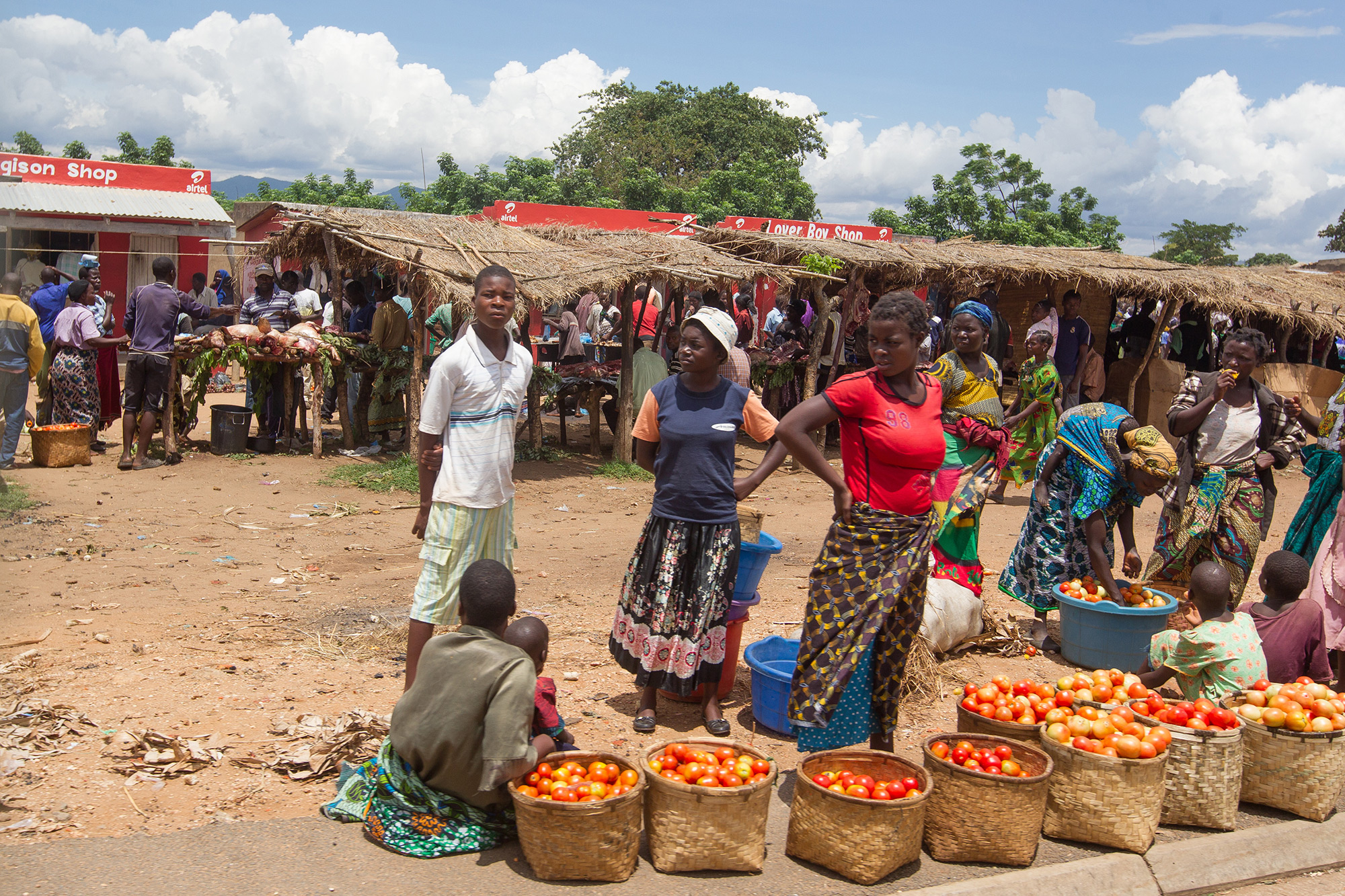Last year was a difficult one for economies across the world due to the ravaging effects of the COVID-19 pandemic. However, one landlocked African country did remarkably defy the trend through a combination of prudent leadership and trade with a neighbor that also recorded positive growths.
Malawi’s economy grew by 0.9% in 2020. Only one country in the region recorded a higher growth rate, 4.8%, and that is Tanzania, its northern neighbor and major trading partner. The late President John Magufuli’s policies of not imposing lockdowns largely contributed to that growth and the East African country’s tourist destinations were one of the very few across the globe that remained open throughout the year.
There is no way to simplify how important Tanzania is to Malawi, a country the World Bank ranks as the poorest in Southern Africa. Tanzania accounts for 90% of its wet and dry cargo transportation. As long as Tanzania remained open, and business flowed, Malawi benefitted from the transport corridor its largest trading partner provides.
A “draft annotated agenda” by the SADC Council of Ministers dated August 6, 2021 to be presented on Friday, admits that most SADC member states were in recession. A recession is a period of economic decline during which trade and industrial activity shrinks and is generally manifested by a fall in GDP.
“All member States recorded contractions in real GDP growth in 2020 except for Malawi and the United Republic of Tanzania who recorded minimal growth rates not exceeding 5.5 percent,” reads the Council of Ministers’ report.
In spite of registering the meagre growths, both Malawi and Tanzania failed to meet the desirable growth rate benchmark for sub-Saharan Africa of six percent which development economists say meaningfully impact on poverty reduction efforts.
“In terms of GDP, preliminary data indicates SADC regional GDP growth contracted by 4.7 percent in 2020. For the 2021/22 financial year, SADC forecasts the regional economy to grow by 2 percent in 2021 and 3.2 percent in 2022.
“The forecast economic recovery in 2021 and beyond is largely hinging on measures put in place to contain the spread of Covid-19 and mitigate its socio-economic impacts, which include the enhancement of national and regional capacities in producing medicines, medical supplies, and developing vaccines, and harnessing digital technology across sectors,” reads the report.
Malawi though has a reason to smile unlike its other neighbors who are also members of the region’s trading bloc. Zambia, currently riddled in debt burdens, is holding a high stakes election that could lead to wide scale violence. Already President Edgar Lungu has sent military troops to the streets after clashes between rival supporters broke out last week. On the other hand, Mozambique, which has sea ports closer to Malawi’s main cities of Lilongwe and Blantyre than Tanzania’s Dar es Salaam port, is fighting an armed invasion by the radical Islamist group Al Shabaab in its northern most province of Cabo Delgado.
In October, Malawi’s head of state Dr. Lazarus Chakwera visited Tanzania and held talks with President Magufuli to explore ways to boost trade between both countries. During the visit Tanzania’s Foreign Affairs and East African Cooperation
On the other hand, Tanzania’s imports from Malawi rose from $10 million in 2015 to $26 million in 2019.
While Malawi and Tanzania have been major trading partners, relations between the two nations are not rosy.
A border dispute over Lake Malawi has been simmering since 1967. Successive Malawian governments have argued that the lake is inextricably linked to the nation, and key to its economic life, folklore, culture and national sentiment. Meanwhile, in Tanzania, the lake supports a big number of fishermen and shoreline communities that have ancestral burial places that now lie under the lake.
During the colonial era, the Germans who ruled Tanganyika allowed the British controlled Nyasaland (Malawi’s former colonial name) to maintain full control of the lake within their territory. However, the lake has since expanded beyond the Tanzania-Malawi border opening up debates over whether Malawi now fully controls its main natural resource.

